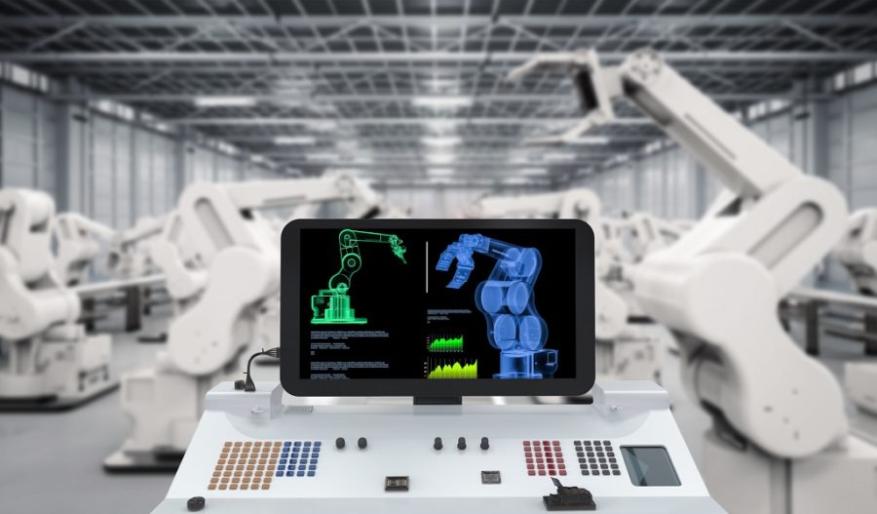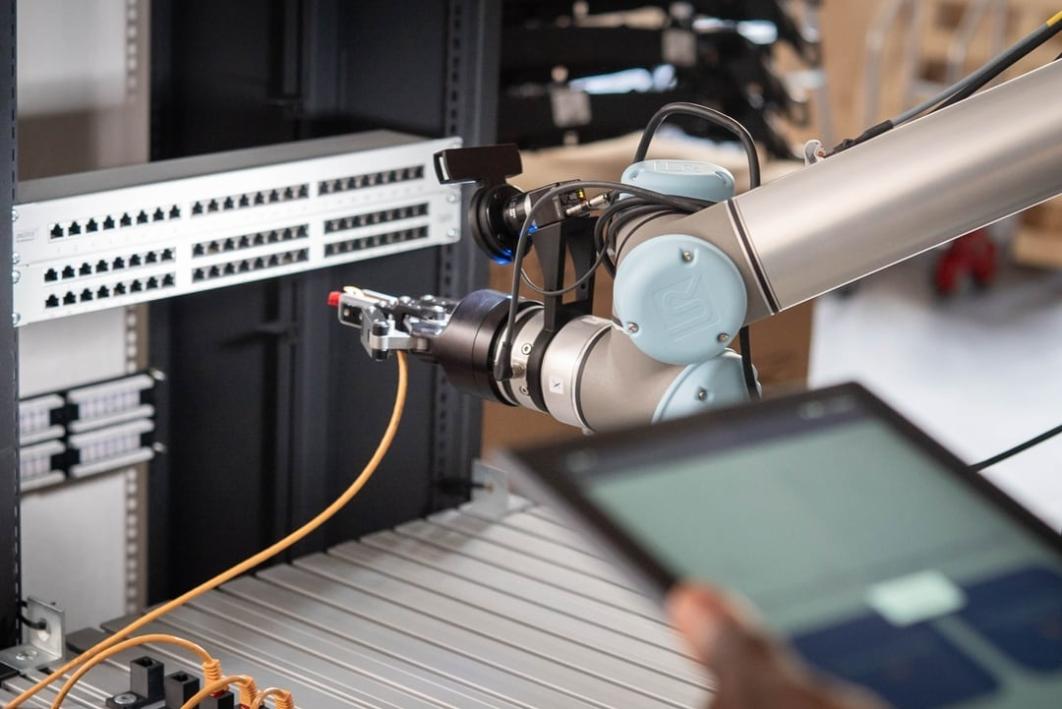What are the Ethical Considerations of Using AI in Manufacturing?
Artificial intelligence (AI) is rapidly transforming the manufacturing industry, bringing about significant benefits in efficiency, productivity, and profitability. However, the increasing use of AI also raises a number of ethical considerations that need to be carefully addressed.

This article explores the key ethical considerations surrounding the use of AI in manufacturing, highlighting both the potential benefits and risks associated with this technology. We also discuss strategies for mitigating these concerns and ensuring that AI is used in a responsible and ethical manner.
Benefits Of Using AI In Manufacturing
- Enhanced efficiency and productivity: AI-powered automation can streamline manufacturing processes, reduce downtime, and improve overall efficiency. This can lead to increased productivity and output.
- Improved product quality and consistency: AI systems can perform precise and repetitive tasks with a high degree of accuracy, leading to improved product quality and consistency.
- Reduced costs and increased profitability: By automating tasks and optimizing processes, AI can help manufacturers reduce costs and increase profitability.
- Safer working conditions for human workers: AI can be used to automate hazardous or repetitive tasks, reducing the risk of accidents and injuries for human workers.
Ethical Considerations Of Using AI In Manufacturing
Job Displacement and Unemployment
One of the primary ethical concerns associated with AI in manufacturing is the potential for job displacement and unemployment. As AI-powered automation becomes more sophisticated, it may lead to job losses, particularly for low-skilled workers.
To mitigate this concern, manufacturers need to invest in reskilling and upskilling programs to help workers transition to new roles that are less likely to be automated. Governments and educational institutions also have a role to play in providing training and support for workers affected by AI-driven job displacement.
Safety and Liability

Another ethical consideration is the safety and liability associated with AI systems in manufacturing. AI systems may make errors or malfunction, leading to safety risks for human workers. Additionally, there is uncertainty regarding legal and ethical responsibilities in cases of accidents or injuries caused by AI systems.
To address these concerns, manufacturers need to implement robust safety measures and protocols to minimize the risk of accidents and injuries. They also need to work with legal experts and policymakers to clarify the legal and ethical responsibilities associated with AI systems in manufacturing.
Data Privacy and Security
AI systems rely on vast amounts of data to learn and make decisions. This raises concerns about data privacy and security, particularly in manufacturing environments where sensitive data may be involved.
To mitigate these concerns, manufacturers need to implement robust data protection measures to prevent unauthorized access and misuse of data. They also need to ensure that AI systems are trained on data that is accurate, unbiased, and ethically sourced.
Bias and Discrimination
AI algorithms may inherit and amplify biases from the data they are trained on. This can lead to AI systems perpetuating or even exacerbating existing social inequalities.
To address this concern, manufacturers need to carefully select and curate the data used to train AI systems. They also need to implement mechanisms to detect and mitigate bias in AI algorithms.
Transparency and Accountability
The lack of transparency in AI algorithms can make it difficult to identify and address biases or errors. This raises concerns about accountability and the responsible use of AI in manufacturing.
To address this concern, manufacturers need to ensure that AI algorithms are transparent and explainable. They also need to establish accountability mechanisms to ensure that AI systems are used in a responsible and ethical manner.
Mitigating The Ethical Concerns
There are a number of strategies that manufacturers can adopt to mitigate the ethical concerns associated with AI in manufacturing.
Human-Centered Approach
Manufacturers should design AI systems that complement human workers rather than replace them. AI should be used to automate tasks that are repetitive, hazardous, or require high precision, while human workers can focus on higher-value activities that require creativity, problem-solving, and social interaction.
Ethical AI Principles
Manufacturers should establish clear ethical principles and guidelines for the development and use of AI in manufacturing. These principles should address issues such as data privacy, safety, bias, and accountability.
Education and Training
Manufacturers should invest in education and training programs to help workers adapt to the changing demands of the AI-driven manufacturing landscape. This includes providing training on new technologies, as well as soft skills such as critical thinking, problem-solving, and creativity.
Regulatory Oversight
Governments and regulatory agencies should develop regulations and standards to govern the use of AI in manufacturing. These regulations should ensure that AI systems are safe, transparent, and accountable.
The use of AI in manufacturing has the potential to bring about significant benefits in efficiency, productivity, and profitability. However, it also raises a number of ethical considerations that need to be carefully addressed.
By adopting a human-centered approach, establishing ethical AI principles, investing in education and training, and implementing regulatory oversight, manufacturers can mitigate the ethical concerns associated with AI and ensure that this technology is used in a responsible and ethical manner.
Ultimately, the goal is to create a future where AI and human workers collaborate to drive innovation and sustainable growth in the manufacturing industry, while also promoting human well-being and social justice.
YesNo

Leave a Reply